Past News
Farmers, Agriculture, and Impacts on our Food Supply
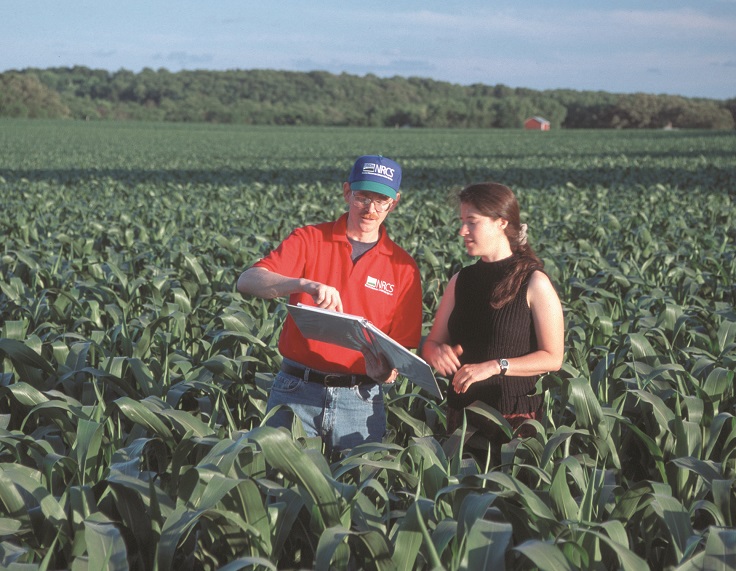
May 28, 2020
After being concerned about having household disinfectants, paper towels and toilet paper on hand, many Americans worried about our food supply and related food production and distribution chains. Such concerns have highlighted several long-standing issues about the way we grow food and other agricultural products both in the US and world-wide. Center affiliates have been contributing to this conversation through individual and group engagement through various publication outlets and new research projects.
Read More about "Farmers, Agriculture, and Impacts on our Food Supply"
The urgency of transforming the Midwestern U.S. landscape into more than corn and soybean
May 27, 2020
The current agri-food system emerged out of a desire to provide an inexpensive and secure food supply. Yet even before COVID-19, the abundant agricultural production of the Midwestern United States was generated amid a backdrop of increasing farm bankruptcies, declining farm employment and rural communities, and climbing farmer suicide rates. The environmental costs of this system were well established and include Gulf of Mexico hypoxia, elevated sediment and nutrient levels in waterways, and impacts to air quality, biodiversity and climate change. The economic, social and environmental consequences of contemporary agriculture already indicated the need for a wholesale revisiting of the dominant agricultural paradigm of highly specialized and subsidized production.
The urgency of transforming the Midwestern U.S. landscape into more than corn and soybean
Engaging Safely with our Surroundings
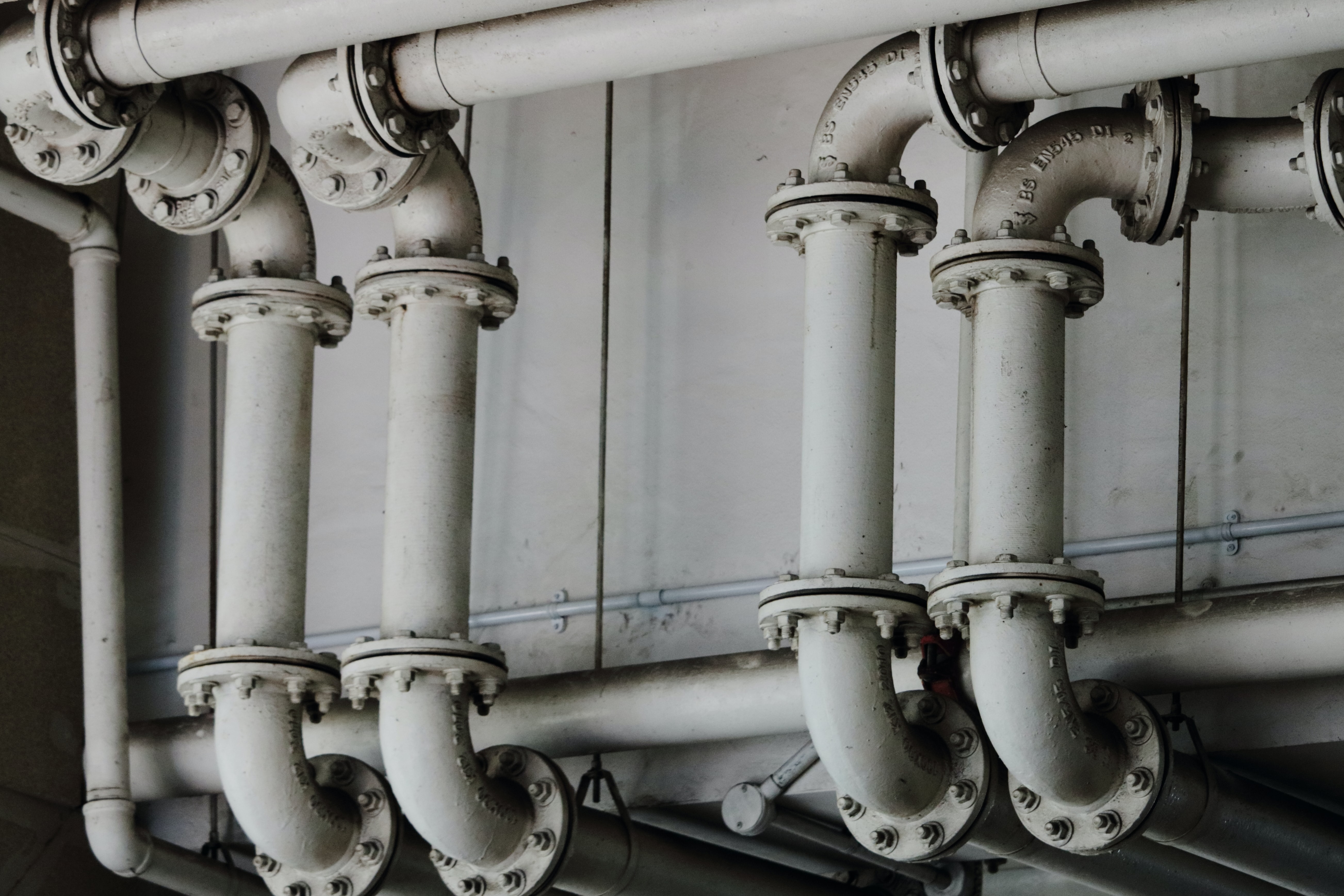
May 27, 2020
From opening up our campus buildings, to cleaning our homes, and to preparing to jump into our pools and lakes for the first time, affiliates of the Center for the Environment have been on hand on local and national levels to provide guidance, appease jitters and help us all adapt to our ‘new normal’ for summer 2020 and beyond.
This Is Purdue Podcast: Episode 9 - Agriculture + Public Health
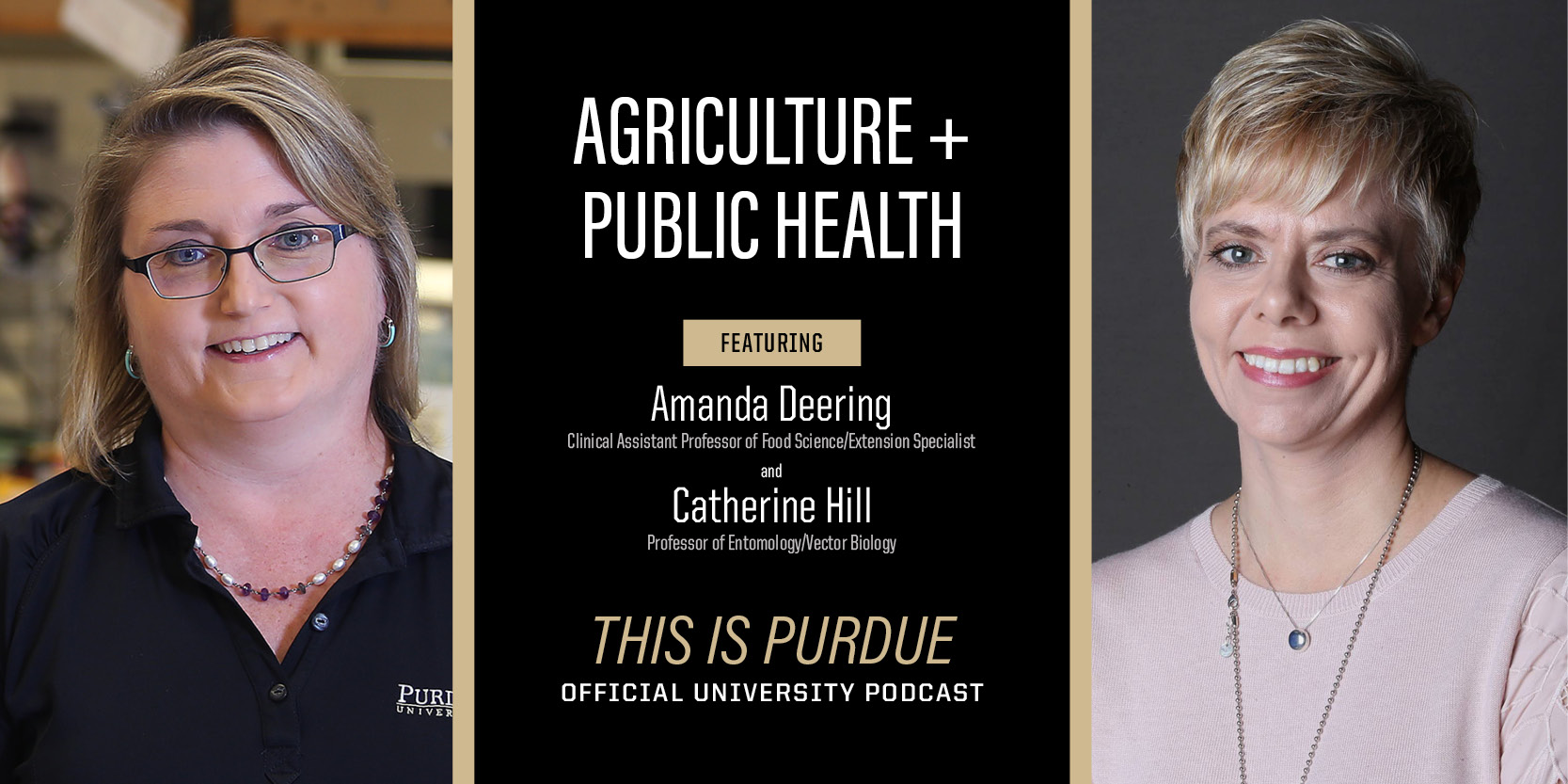
May 19, 2020
A Purdue entomologist talks about why we need mosquitoes even though most of us would prefer they go away ... and how to keep them from biting us during the summer months. And, a food science expert answers questions about whether we can trust the fresh fruits and vegetables in our produce section during the COVID-19 pandemic.
This Is Purdue Podcast: Episode 9 - Agriculture + Public Health
Purdue expert: Pool water should be safe from COVID-19
May 15, 2020
West Lafayette, Ind. (WTHR) - Swimming pools are planning to reopen soon for the outdoor season, with local social distancing recommendations guiding the number of people who can get in the water. But is the water safe from the spread of COVID-19? One expert says, yes, provided that recommended chlorine levels are maintained.
Essential Agrarian Histories for Essential Agrarian Futures
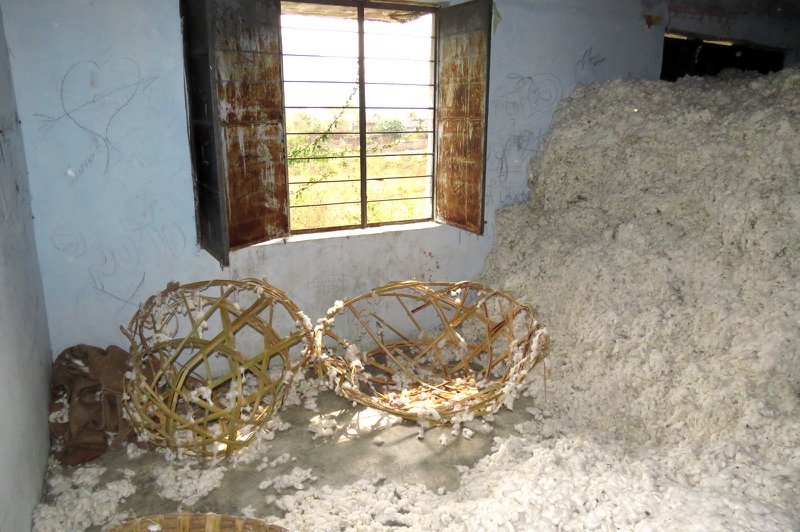
May 14, 2020
Following the effects of the COVID-19 pandemic on our food system this spring, I’ve been thinking about this passage from The Grapes of Wrath. In Steinbeck’s Depression-era novel, the Joad family loses their family farm to the bank in a case of accumulation by dispossession. Deprived of a smallholder livelihood, the family joins other migrants to harvest food for corporate landlords in California...
New technology promises to be game-changer in the extraction of rare earths
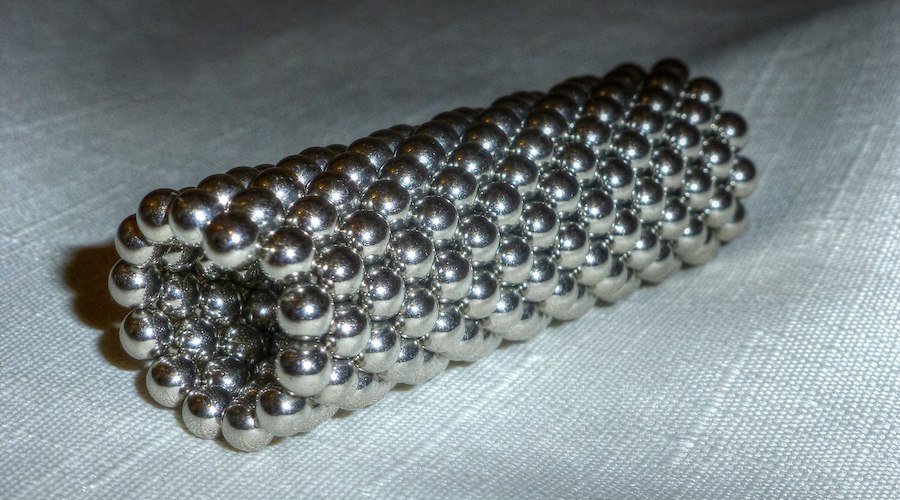
May 13, 2020
Researchers at Purdue University in the US have developed a new technology that promises to be a game-changer in the extraction of rare earths. In a paper published in the journal Green Chemistry, the scientists explain that the patented extraction and purifying processes use ligand-assisted chromatography and are shown to remove and purify rare earth metals from coal ash, recycled magnets and raw ore safely, efficiently and with virtually no detrimental environmental impact.
New technology promises to be game-changer in the extraction of rare earths
Have I Been Cleaning All Wrong?
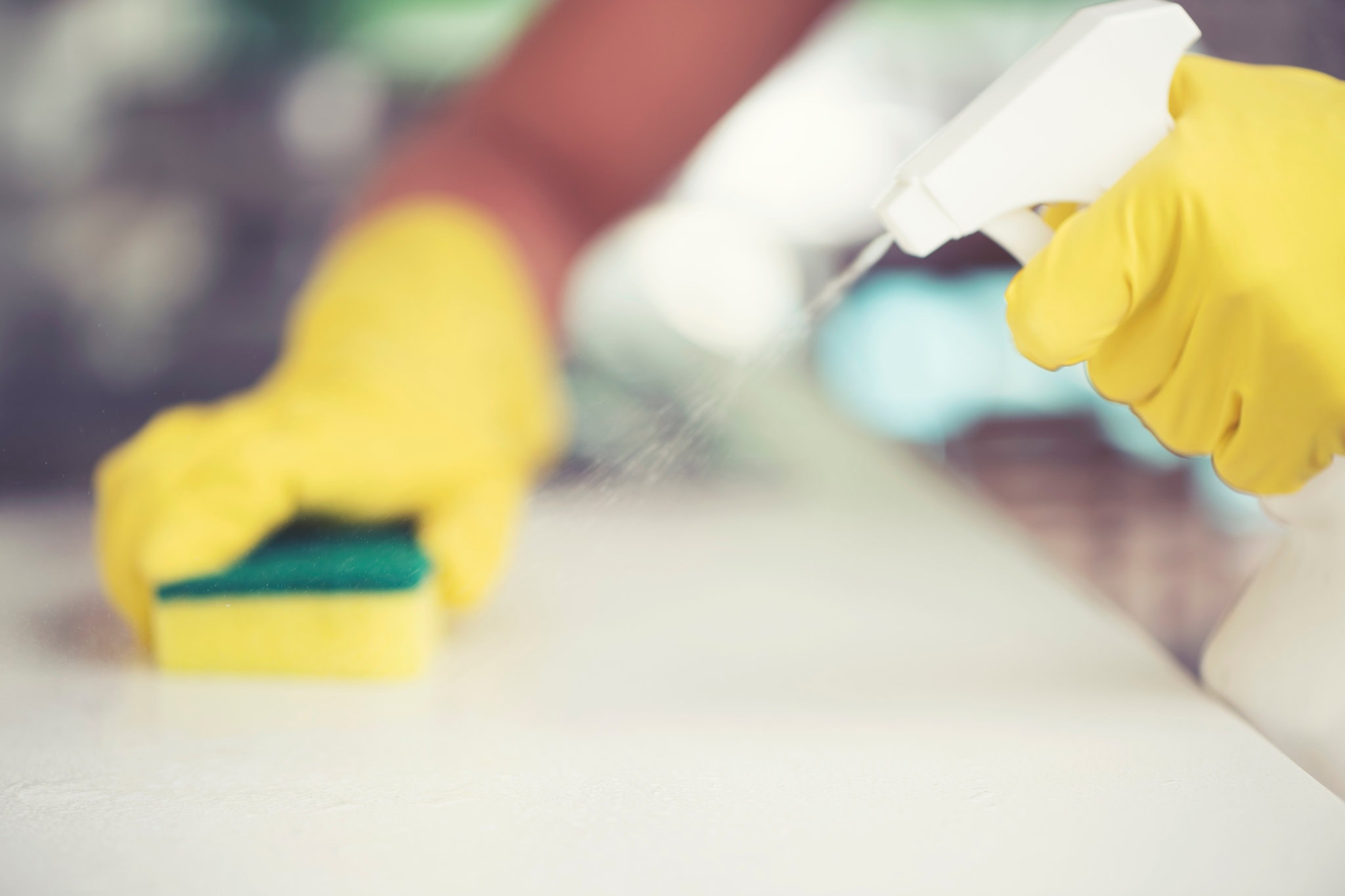
May 12, 2020
Ever since the coronavirus became a threat, many of us are doing a lot more cleaning at home, spraying and wiping pretty much everything in sight, especially high-touch surfaces like door knobs and faucet handles. But many of us are used to giving a surface a quick spray, followed by a wipe or two, which may not allow enough time for the product to work. And once you start reading labels on cleaning products closely, it gets really confusing. Several readers pointed out that disinfectant wipes and spray cleaners have different instructions on their labels for how long a cleaner should stay on a surface to effectively kill germs, ranging from 30 seconds to four minutes or even as long as 10 minutes. What’s more, some labels recommend cleaning before using a disinfectant.
What COVID-19 Could Mean for the Environment
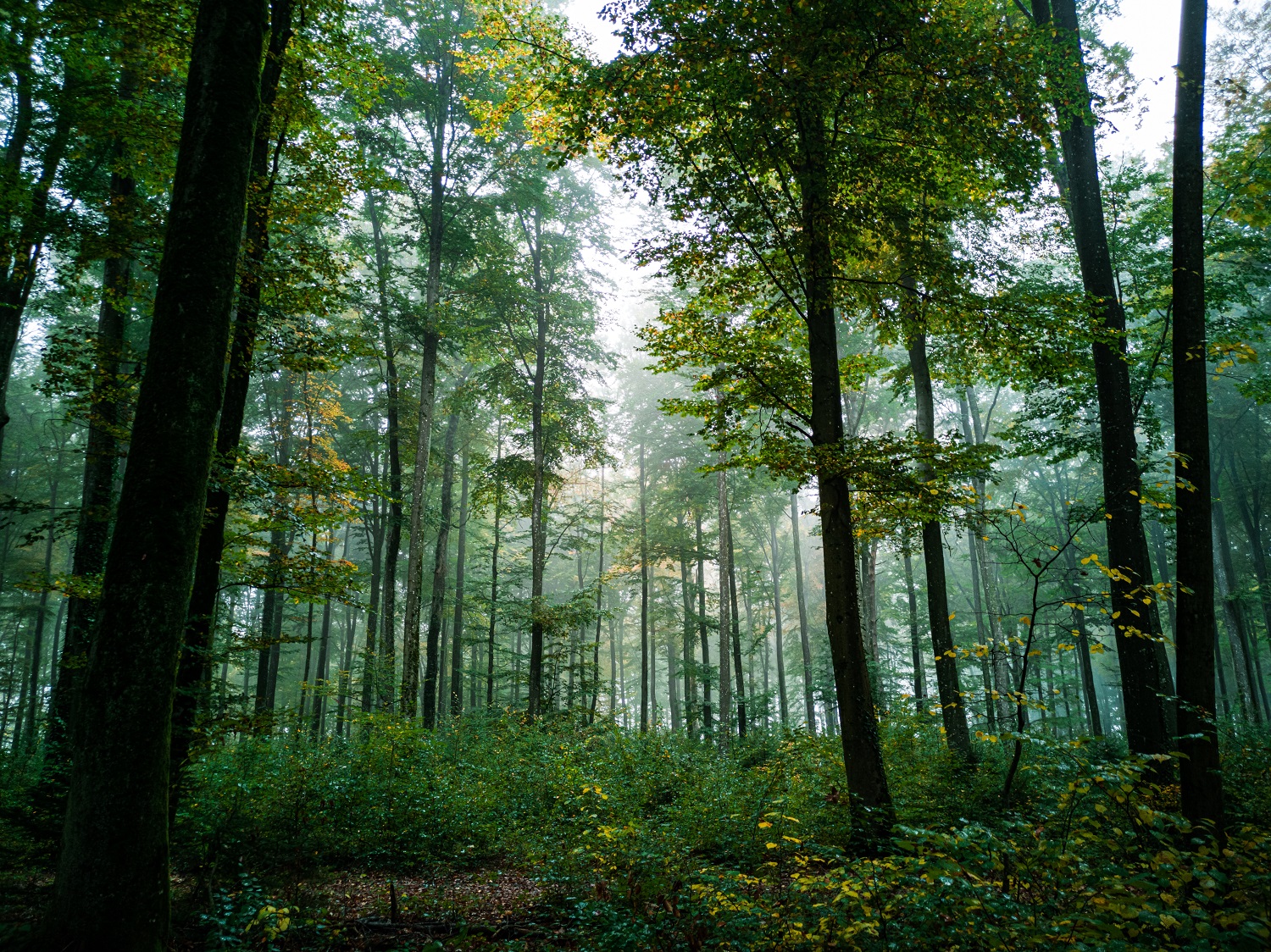
May 11, 2020
We’ve all seen the headlines. Clear canals in Venice. Feral boars reclaiming southern European towns. Deering making use of a crosswalk in Japan. Smog filled cities suddenly clear, emancipated from chronic pollution. And anecdotal accounts are everywhere that the global slowdown due to COVID-19 is giving nature and the environment a chance to heal--to a point. There have been some positive, short-term environmental impacts of lockdowns and social distancing measures around the world, said Jeff Dukes, director of the Purdue Climate Research Center and professor of Forestry and Natural Resources (FNR). On the whole, however, the effects are a drop in the bucket compared to the measures that must be undertaken to slow the effects of climate change.
So You Want to Do Field Research?
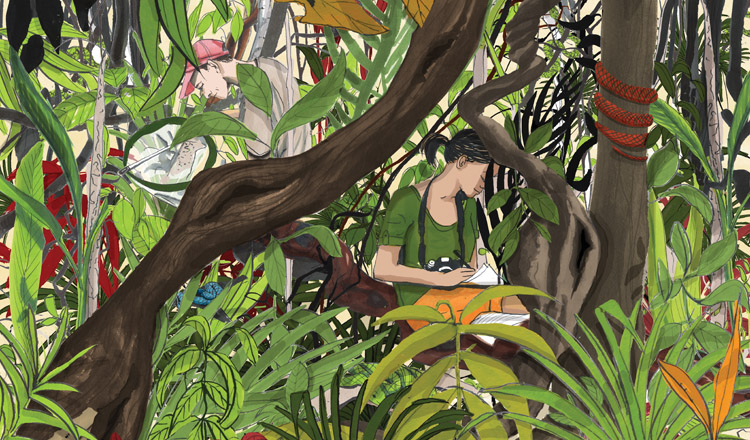
May 4, 2020
It’s easy to believe that academic research is all about paging through dusty books or carefully pouring colorful liquids from test tube to beaker. And yes, professors love their libraries and labs. But it’s far from the whole picture. It turns out that some of Purdue’s brainiest faculty are also adventurers and explorers who have chased down tornadoes, spent weeks isolated in rainforests teeming with poisonous snakes, and come nearly face to face with heavy-breathing polar bears. They do it all not in the pursuit of fame or even fortune — but for knowledge.
